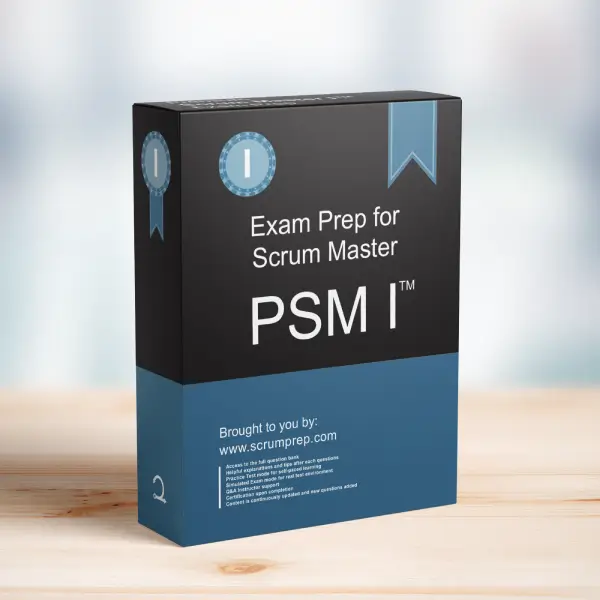Understanding the Release of Product Increment in Scrum
In Scrum, the release of the product increment is a common point of discussion, particularly in the context of its frequency and timing. This topic is often explored in the PSM I exam to test understanding of Scrum principles.
Exam Question
True or False: It is mandatory that the product increment be released to production at the end of each Sprint.
- A. True
- B. False
Correct Answer
B. False
Explanation
Why B is Correct
B. False: The Scrum Guide specifies that an increment must be “Done” at the end of each Sprint, meaning it must be in a usable condition and meet the Definition of Done. However, it is not mandatory for the increment to be released to production at the end of every Sprint. The decision to release an increment is made based on various factors, including business needs, market conditions, and stakeholder requirements. The Product Owner may decide when and if the increment should be released.
Key Points
- Increment: Each Sprint results in a potentially shippable increment that is thoroughly tested and meets the Definition of Done.
- Flexibility: While it is possible to release the increment at the end of each Sprint, it is not a compulsory requirement.
- Product Owner’s Decision: The Product Owner has the final say on whether to release the increment based on the value it brings and the readiness for production.
Responsibilities in Scrum
- Product Owner: Maximizes the value of the product by ensuring the Product Backlog is well-ordered and refined to the level needed.
- Scrum Master: Coaches the team in Scrum practices, removes impediments, and facilitates team events to ensure productivity and adherence to Scrum principles.
- Developers: Collaborate to complete all tasks necessary to deliver a potentially shippable Increment, including ensuring that all Product Backlog items meet the Definition of Done.
Relevance to the PSM I Exam
Understanding the release of product increments is crucial for the PSM I exam. It highlights the flexibility in Scrum and the importance of delivering value while ensuring the increment is ready for production.
Conclusion
In summary, while each Sprint should result in a “Done” increment, it is not mandatory to release the product increment to production at the end of each Sprint. The decision to release is made by the Product Owner based on the context and readiness of the increment.
For comprehensive preparation and practice exams, check out PSM I Exam Prep to enhance your understanding and application of Scrum principles.




